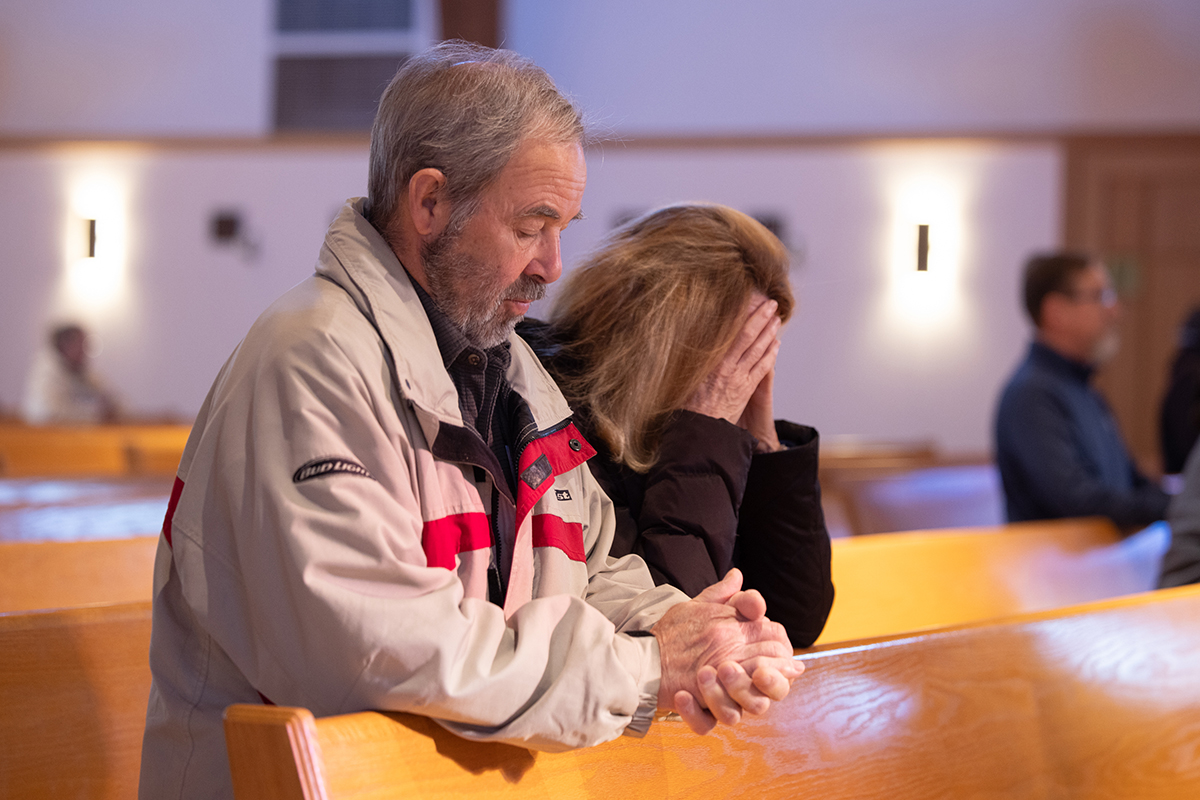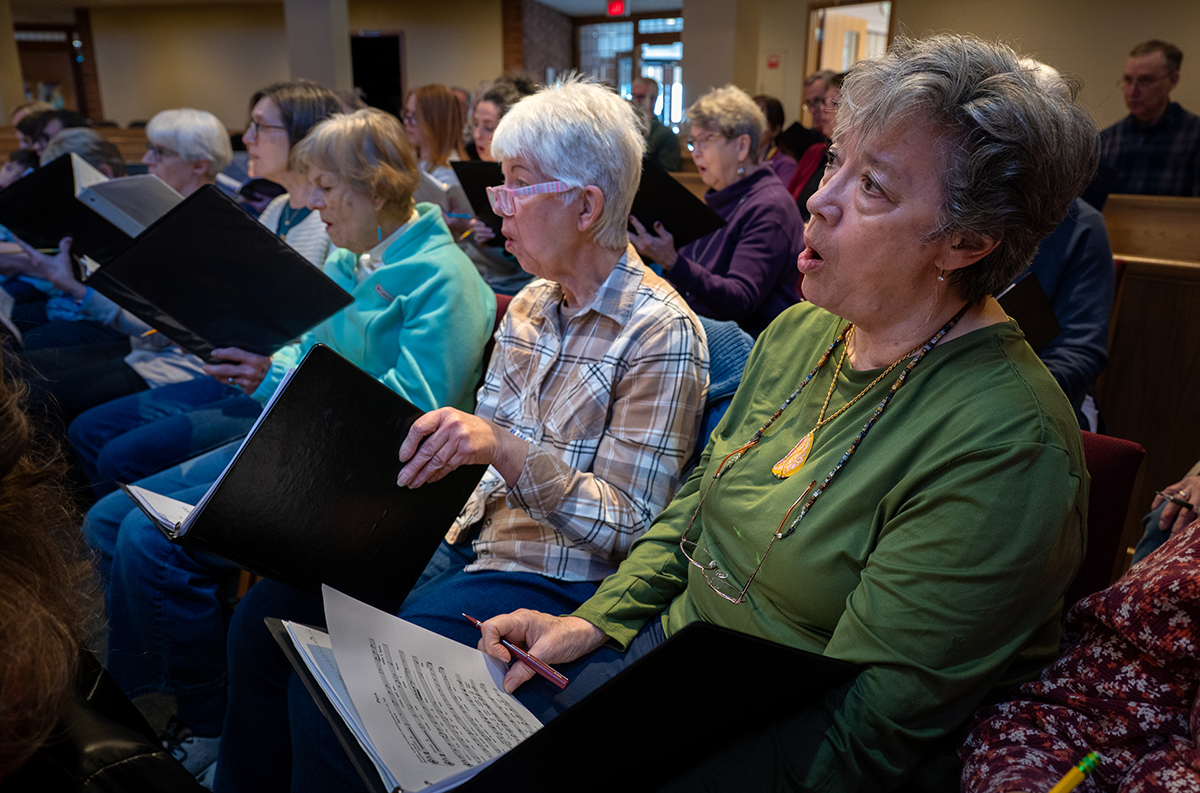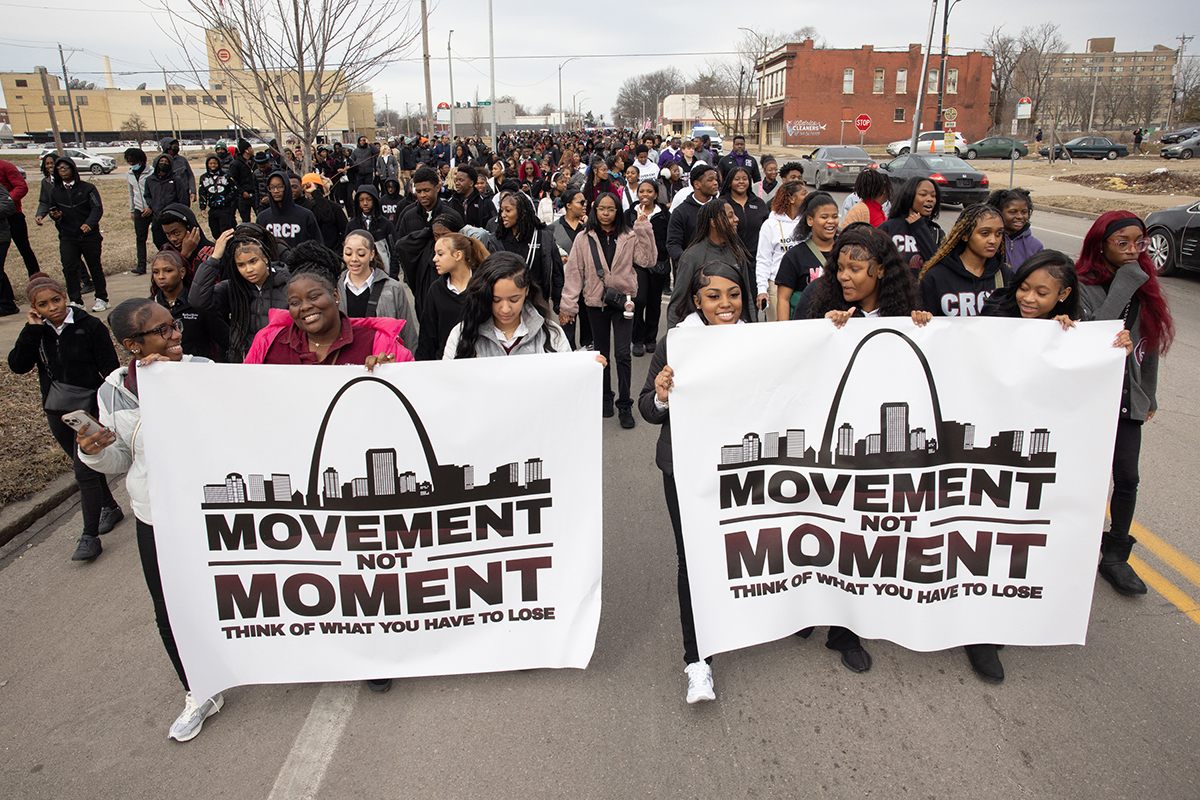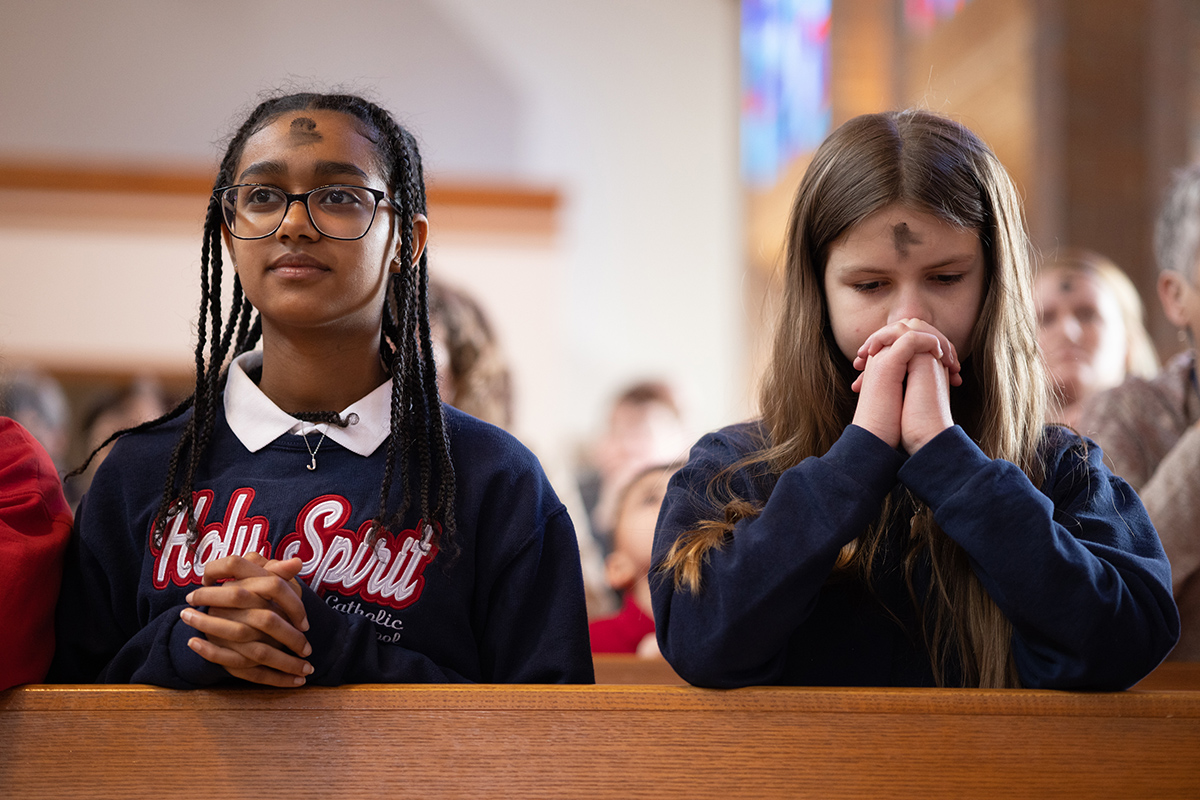Vatican’s Dicastery for the Clergy has responded to several parish appeals related to All Things New
Dicastery for the Clergy has accepted two petitions, and rejected two others
The Vatican has responded to several parishes that have appealed their suppression or merger as part of All Things New.
The Dicastery for the Clergy has accepted petitions for recourse against decrees related to two parishes: St. Elizabeth, Mother of John the Baptist Parish in north St. Louis and Sts. Philip and James Parish in River aux Vases, according to correspondence Archbishop Mitchell T. Rozanski received from the Vatican.
In accepting the petitions, the Vatican does not reverse the archbishop’s decision, but it has agreed to review the decision at the request of the recurrent, or petitioner.
At the dicastery’s request, the archdiocesan Metropolitan Tribunal will prepare information to be studied in both cases. The dicastery said it will continue communication with the petitioners after the case has been studied. Canon law also outlines that a lower authority — in this case, Archbishop Rozanski — is not to become involved in the cases while the appeal process is pending.
The Vatican also rejected petitions for recourse against decrees for two parishes: Blessed Teresa of Calcutta in Ferguson, which was announced would be subsumed into Sacred Heart Parish in Florissant; and St. Matthew the Apostle Parish in north St. Louis, which was announced would merge with St. Elizabeth, Mother of John the Baptist, St. Augustine and Our Lady of the Holy Cross parishes to form a new parish.
“This is an anticipated part of the All Things New pastoral planning process,” Archbishop Rozanski said in a statement. “Over the next several months, we expect to receive additional dicastery communications regarding other petitions that were submitted.”
The Dicastery for Clergy also rejected three appeals related to new priest appointments at several archdiocesan parishes. They include Holy Rosary in Warrenton and St. Mary’s in Hawk Point; St. Elizabeth Ann Seton in St. Charles County; Holy Family Parish in Port Hudson, St. Ann Parish in Clover Bottom, and St. Gertrude Parish in Krakow; and Annunziata Parish in Ladue and Ste. Genevieve du Bois Parish in Warson Woods.
On Pentecost of this year, Archbishop Rozanski issued 83 decrees as part of the All Things New strategic planning process and after many months of analysis, consultation and discernment. Since then, every parish in the Archdiocese of St. Louis has been called to rededicate themselves to new modes of evangelization and social outreach.
After the announcement on Pentecost, Archbishop Rozanski received eight appeals for hierarchical recourse, which were forwarded to the Vatican. Those parishes are Our Lady of Sorrows in south St. Louis, St. Angela Merici in Florissant, St. Catherine of Alexandria in Coffman, St. Francis of Assisi Parish in Luebbering, St. Martin of Tours in Lemay, St. Matthew the Apostle in St. Louis, St. Richard in Creve Coeur and St. Roch in St. Louis.
The archdiocese said that it is aware other parishioners have appealed directly to the Vatican. In those cases, the archdiocese must wait for communication from the dicastery confirming that additional appeals have been received.
While there is no timeline for the Vatican to make decisions regarding any remaining appeals, it is likely that the process will take several months.
Glossary of Terms
Acts Related to the Case
The acts related to the case are further details or documents that the Dicastery for the Clergy may request from the Archbishop.
Dicastery for the Clergy
The Dicastery for the Clergy is an office of the Roman Curia, which assists the pope in his ministry to the universal Church. The Dicastery for the Clergy deals with all matters relating to priests and deacons of the diocesan clergy, with regard to their persons and pastoral ministry, and everything needed for the fruitful exercise of the latter. In these matters, it provides suitable assistance to the Bishops. The Dicastery also deals with those matters in which the Holy See is competent regarding the general discipline governing diocesan finance councils, presbyteral councils, colleges of consultors, chapters of canons, diocesan pastoral councils, parishes and churches. For a complete profile, click here.
Hierarchical Recourse to the Dicastery for the Clergy
Hierarchical recourse is the act of impugning the decision of a Church authority before that person’s hierarchical superior. In cases involving the alteration of parishes or the assignment of priests, the hierarchical superior of the Archbishop is the Dicastery for the Clergy. Hierarchical recourse may be made against a decree of the Archbishop only after having first requested, in writing, the revocation or emendation of the decree. Canon law imposes strict time limits for requesting the revocation or emendation of decrees, and for making hierarchical recourse (can. 1734 §1, 1737 § 1).
Metropolitan Tribunal
The Metropolitan Tribunal of the Archdiocese of St. Louis is a court of the Catholic Church responsible for all matters concerning the application and practice of canon law within the Archdiocese of St. Louis. The Vatican website gives a thorough explanation of the role of Canon Law in the Church:
Since the Church is organized as a social and visible structure, it must also have norms: in order that its hierarchical and organic structure be visible; in order that the exercise of the functions divinely entrusted to it, especially that of sacred power and of the administration of the sacraments, may be adequately organized; in order that the mutual relations of the faithful may be regulated according to justice based upon charity, with the rights of individuals guaranteed and well-defined; in order, finally, that common initiatives undertaken to live a Christian life ever more perfectly may be sustained, strengthened and fostered by canonical norms.
Recurrent
The recurrent is the person who petitioned for hierarchical recourse.
The Vatican has responded to several parishes that have appealed their suppression or merger as part of All Things New. The Dicastery for the Clergy has accepted petitions for recourse … Vatican’s Dicastery for the Clergy has responded to several parish appeals related to All Things New
Subscribe to Read All St. Louis Review Stories
All readers receive 5 stories to read free per month. After that, readers will need to be logged in.
If you are currently receive the St. Louis Review at your home or office, please send your name and address (and subscriber id if you know it) to subscriptions@stlouisreview.com to get your login information.
If you are not currently a subscriber to the St. Louis Review, please contact subscriptions@stlouisreview.com for information on how to subscribe.







